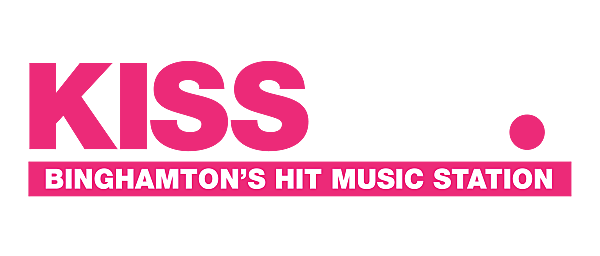
Federal Judge Rejects Challenge to New York’s Marijuana Licensing Program
In a significant ruling, Albany Judge Anne M. Nardacci rejected a challenge to New York state's licensing program for selling legal marijuana.

The lawsuit, brought by two California applicants, claimed that the state's program discriminated against out-of-state residents and violated the Constitution.
The judge's ruling may have significant implications for New York's budding legal marijuana industry. With most marijuana currently being sold by unlicensed businesses, the decision could clear the way for the issuance of hundreds of licenses in the state.
Judge Nardacci determined that the public interest in allowing properly licensed businesses to operate in New York outweighed the concerns raised in the lawsuit. She argued that the plaintiff's claims based on the dormant Commerce Clause did not apply to the federally illegal cannabis trade. The Commerce Clause is intended to prevent states from implementing protectionist measures that restrict interstate commerce in the absence of federal regulations.
The lawsuit, filed in mid-December by two companies controlled by Los Angeles residents, looked to stop the state's licensing process while the legal proceedings continued. However, Judge Nardacci rejected their request for a temporary restraining order and preliminary injunction, stating that it would only benefit illicit store operators who currently dominate the market. Delaying the rollout of regulated licenses would allow these illegal businesses to maintain their stronghold.
New York State Attorney General Letitia James expressed satisfaction with the court's decision. James emphasized that this ruling was an important victory for promoting equity and ensuring that communities disproportionately impacted by cannabis prohibition have a fair share in the legal industry.
New York launched its program in October, with a focus on granting licenses to individuals with past drug convictions. The intention was to offer those who had been harmed by the war on drugs an opportunity to succeed in the market before competitors flooded in. State lawyers argued that the application process allowed out-of-state residents to demonstrate residency in areas disproportionately affected by cannabis prohibition.
The implementation of the licensing program is expected to increase the number of legal dispensaries in New York, currently dominated by black-market sellers who have been operating without licenses. However, critics attribute the slow growth in legal retail to bureaucratic obstacles, such as delays in establishing a $200 million "social equity" fund to support applicants in opening their shops. Lawsuits on behalf of those excluded from the initial wave of retail licenses have also hampered the rollout.
LOOK: 50 Famous brands that no longer exist
Gallery Credit: Liz Barrett Foster
